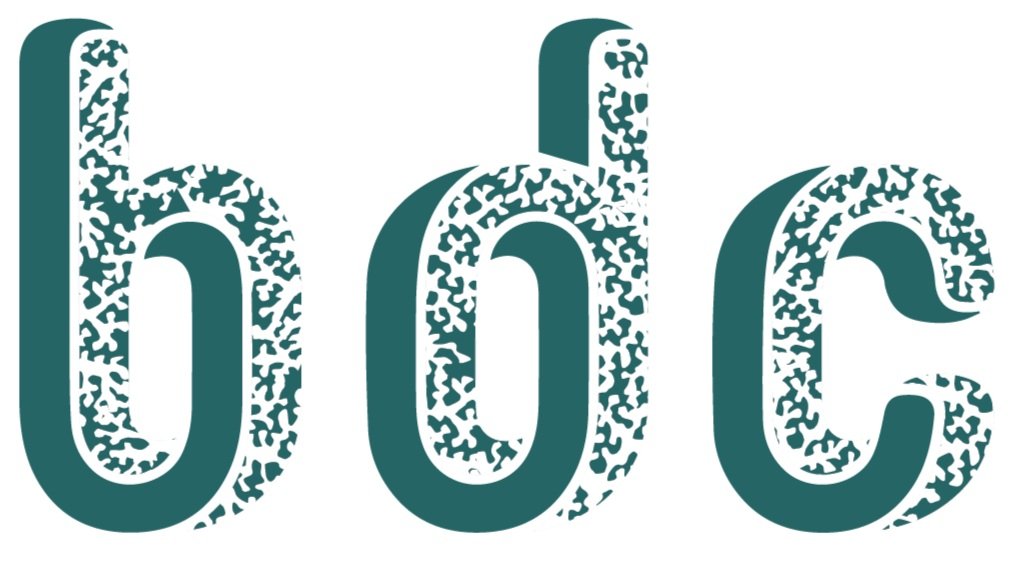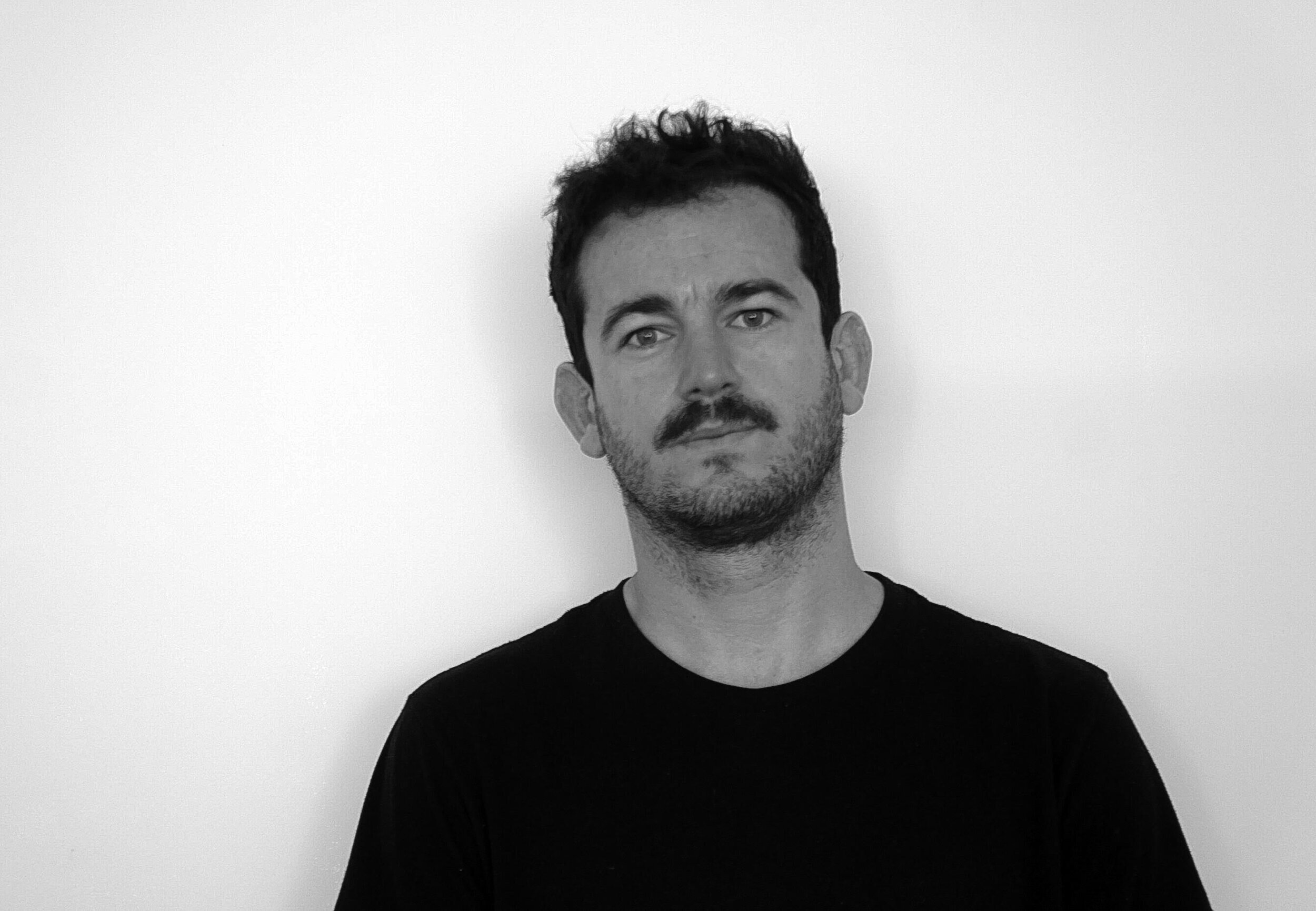Latin American Biodesign Hub Launch
Latin American Biodesign Hub Launch — April 15 at 1:00 PM ET
Biodesign is finding its way into education spaces all over the world. It bridges art, design, and biotech to reimagine a more sustainable and thoughtful future.
To connect and fortify the biodesign community across Latin America, BDC and Universidad de los Andes are hosting an online symposium. The event will kickoff a Latin American Hub for biodesign practitioners, research institutions, and students to share resources, collaborate on projects, and develop new teaching practices.
Experts from across Latin America will speak about their work and ambitions for biodesign in the region. BDC alumni will offer short talks about their projects and design processes.
*This event was held in Spanish.
To keep the conversation going, we invite you to join our LinkedIn Group: Biodesign Regional Hub - Latin America.
AGENDA
*All times in ET
1:00-1:15 Introduction
1:15-1:55 1st Session Speakers
2:05-2:55 2nd Session Speakers
2:55-3:25 3rd Session Speakers
Carolina Obregón, Design Assistant Professor, Universidad de los Andes
Giovanna Danies, Associate Professor, Department of Design, Universidad de los Andes
Daniel Grushkin, Executive Director, Biodesign Challenge
Heidi Jalkh, Faculty and researcher, University of Buenos Aires
PseudoFreeze, BDC 2019 alumni, Universidad de los Andes
Roberto Enrique Sosa, Architect and faculty, Universidad del Istmo
Ana María Cruz de García, Dean of the Faculty of Architecture and Design, Universidad del Istmo
Tomas Vivanco, Architect and Assistant Professor, Pontifical Catholic University of Chile
Malgae, BDC 2020 alumni, Tecnológico de Monterrey
Juan Hinestroza, Associate Professor, Fiber Science; Director, Textiles Nanotechnology Laboratory, Cornell University
ORMaterials, BDC 2018 alumni, Universidad del Istmo
Anastasia Pistofidou, Cofounder, Fabtextiles; Cofounder, Fabricademy
Axel Gómez, Cofounder, Polybion
Santiago Aparicio, Director of Environment and Sustainable Development at National Planning Department DNP
SPEAKERS
Haga clic en las imágenes para leer biografías en español
Carolina Obregón is a seasoned consultant, academic, business innovator and designer from Parsons School of Design in New York and holds a Master’s in Fashion and Sustainability from Aalto University in Helsinki. She has worked with top fashion brands like Converse to develop sustainable strategy goals and targets, which can then be implemented from material innovation in design, production, and marketing. At at Universidad de Los Andes her focus is on sustainable and systems thinking fashion and biodesign teaching students, facilitating research, publications, and mentoring in projects that are now full-fledged business offering sustainable solutions to the industry, including PseudoFreeze (protein-based refrigeration), Woocoa, (the vegan wool) and recently E. dye (bacteria based dye).
Giovanna Danies is a Biologist and Microbiologist from Universidad de los Andes in Bogotá, Colombia. She pursued her Master’s degree in Biological Sciences also at Universidad de los Andes. In 2015, Giovanna received a Ph.D. in Plant Pathology from Cornell University in Ithaca, NY, USA. She was selected by the directors of graduate studies in the plant sciences graduate fields to receive the Barbara McClintock Award. She currently works as an Associate Professor in the Department of Design at Universidad de los Andes, where she is creating a minor in Biodesign.
Daniel Grushkin is founder and executive director of Biodesign Challenge and editor in chief of Biodesigned. He is co-founder of Genspace, a nonprofit community laboratory dedicated to promoting citizen science and access to biotechnology. Daniel has been a Fellow at Data & Society, a Fellow at the Woodrow Wilson International Center for Scholars, and an Emerging Leader in Biosecurity at the John Hopkins Center of Health Security. As a journalist, he has reported on the intersection of biotechnology, culture, and business for publications including Bloomberg Businessweek, Fast Company, Scientific American and Popular Science.
Heidi Jalkh is an experimental designer trained in industrial design currently based in Buenos Aires, Argentina. Her work focuses on craft-based processes, the manufacture of bio-inspired materials and strategic design. She is a specialist in Logic and Technique of Form and holds a master's degree in interdisciplinary research from OpenDesign, a joint program from Humboldt-Berlin University and the University of Buenos Aires. Currently, she works as a teacher and researcher at the University of Buenos Aires, FADU. She teaches the subjects of Morphology and Industrial Design at the undergraduate level, Biodesign in the master’s program MAEDI and also directs the research group Sistemas Materiales. In 2020, Heidi was selected to be part of the Global Community Bio Fellows Program, organized by the Community Biotechnology Initiative of the MIT Media Lab. She is interested in material fabrication and ways to accentuate functional and intangible aspects of materials that can emerge as sensory experiences.
The PseudoFreeze project engineered a refrigeration system used for the transportation of vaccines, which harnesses energy from the INA protein from the bacterium Pseudomonas syringae. It requires no batteries or outside power source.
Roberto Enrique Sosa is an Architect with a Master's degree in Planning and Urban Management. He also has a specialization in office design and furniture design. In addition to his professional practice, he has been teaching as a University professor since 2002. He has participated as a consultant and researcher in high impact projects and is interested in the development of new materials and technologies in the field of architecture, furniture, and urban equipment.
Ana María Cruz de García is an Architect with a Master's degree in University Teaching. She has been the Dean of the Faculty of Architecture and Design of the Universidad del Istmo since 1998, in addition to supporting the teaching of future architects as a professor of courses such as Architectural Design, History of Guatemalan Art, among others. She is the Director of the Master's Degree in Construction and Real Estate Business Management from the Polytechnic University of Madrid and Universidad del Istmo. She has extensive experience in Architectural Design and Development projects at an industrial and housing level under the signature of INARCO, her personal company. She was awarded "Professor of the year 2019" by the College of Professionals and "Architect of the year 2010" by the College of Architects.
Tomas Vivanco is an Architect, PhD (c) in Architecture, Digital Futures group from Tongji University, Shanghai, he holds a Master in Advanced Architecture from the Institute of Advanced Architecture of Catalonia; Master in Advanced Design from ELISAVA. His research and work focus on the impact of digital technologies on society; digitization for the development of sustainable ecosystems and communities; low energy material systems; and bio-material computation. He has presented and published in various conferences, exhibitions and magazines in different countries. He is the director of Fab Lab Austral UC Station in Puerto Williams, Research Fellow of Fab Lab Barcelona-Fab City, and professor at the School of Design of the Pontifical Catholic University of Chile.
The Malgae project uses sargassum, an invasive seaweed but natural fertilizer found in the Caribbean, as a new material for constructing planters that can be deposited directly into the soil and sold as learning kits.
Juan P. Hinestroza, a U.S. Fulbright Scholar and a PMP®, is a tenured Associate Professor of Fiber Science and directs the Textiles Nanotechnology Laboratory at the College of Human Ecology of Cornell University in Ithaca, NY. Professor Hinestroza obtained a Ph.D. from the Department of Chemical and Biomolecular Engineering at Tulane University and B.Sc. in Chemical Engineering from Universidad Industrial de Santander. Prior to pursuing doctoral studies, Professor Hinestroza worked as a process control engineer for The Dow Chemical Company, he is the co-founder of 3 start-up companies, and has served as consultant to major Fortune 50 corporations in the field of smart and interactive textiles and fibers. Hinestroza is the author of over 90 peer-reviewed publications and an inventor of over 16 international patents.
The ORMaterials project aims to reduce waste from the construction industry using bacteria for bioremediation. ORM is a modular, compactable paving stone made of organic materials. It includes a color typology, based on the diverse textiles seen throughout Guatemala, to create a sense of belonging through the representation of the country’s rich cultural heritage.
Anastasia Pistofidou is a researcher, practitioner, and educator of digital fabrication, textiles, wearable technologies, and biofabrication. She specializes in hardware development, integration design, rapid prototyping, and design to production. She is co-founder of fabtextiles.org, a research laboratory on textiles, soft architectures, and innovative materials at IAAC Fab Lab Barcelona. She is also co-founder of Fabricademy, Textile and Technology Academy, a radical educational platform on the future of textiles that merges online learning with hands-on prototyping. Combining digital fabrication techniques and crafts, she demonstrates how new technologies can shift massive consumption and fast production to a customized, open source, personal, and local fabrication.
Axel Gómez-Ortigoza from Guanajuato, Mexico, began his professional practices in college at the Molecular Biology Laboratory of the FEMSA Biotechnology Center as an assistant. He has worked in internationally renowned laboratories such as the Pulmonary Research Division Lab at the MD Anderson Cancer Center in Houston and the Advanced Medical Research Center of Canada. After graduating, he and his brother formed a bioinnovation start-up called Polybion. They have already developed: Fungicel, a substitute for foams of insulating and packaging elements; Lignum, a material able to replace synthetic wood panels; and Celium, a natural alternative for synthetic leather. Axel was awarded the 2017 Guanajuato State Youth Award. In 2018 MIT Technology Review recognized him as one of the 35 most innovative young people under 35 in Latin America. In 2019, Polybion won first place in the Mass Challenge, one of the 3 best accelerators worldwide in its chapter, Mexico City.
Santiago Aparicio Velásquez is a leader in sustainable development and innovation strategies and is experienced in social entrepreneurship. He holds BA in Government and International Relations from Universidad Externado de Colombia and a MA in Applied Imagination from the Central Saint Martin’s School of Art and Design (CSM) of University of the Arts London. His career has been oriented to social innovation, social development, overcoming extreme poverty, and sustainable development. He has been appointed in Colombian governmental institutions like ANSPE, ICT Ministry, Ministry of Environment. Also, he was a professor at Universidad de los Andes, and a consultant at World Resources Institute, Fundación Natura, and Fondo Acción. His work on the environment has been focused on climate change management, climate finance monitoring, deforestation control, and financing strategies. Currently, as Director of Environment and Sustainable Development of the National Planning Department of Colombia (DNP), he promotes the incorporation of biodiversity awareness, environmental management, resilience, and adaptation to climate change in Colombia’s public policy agenda.















